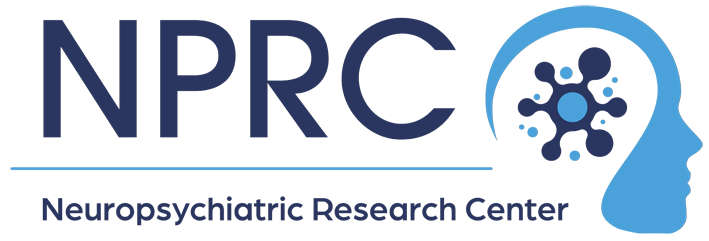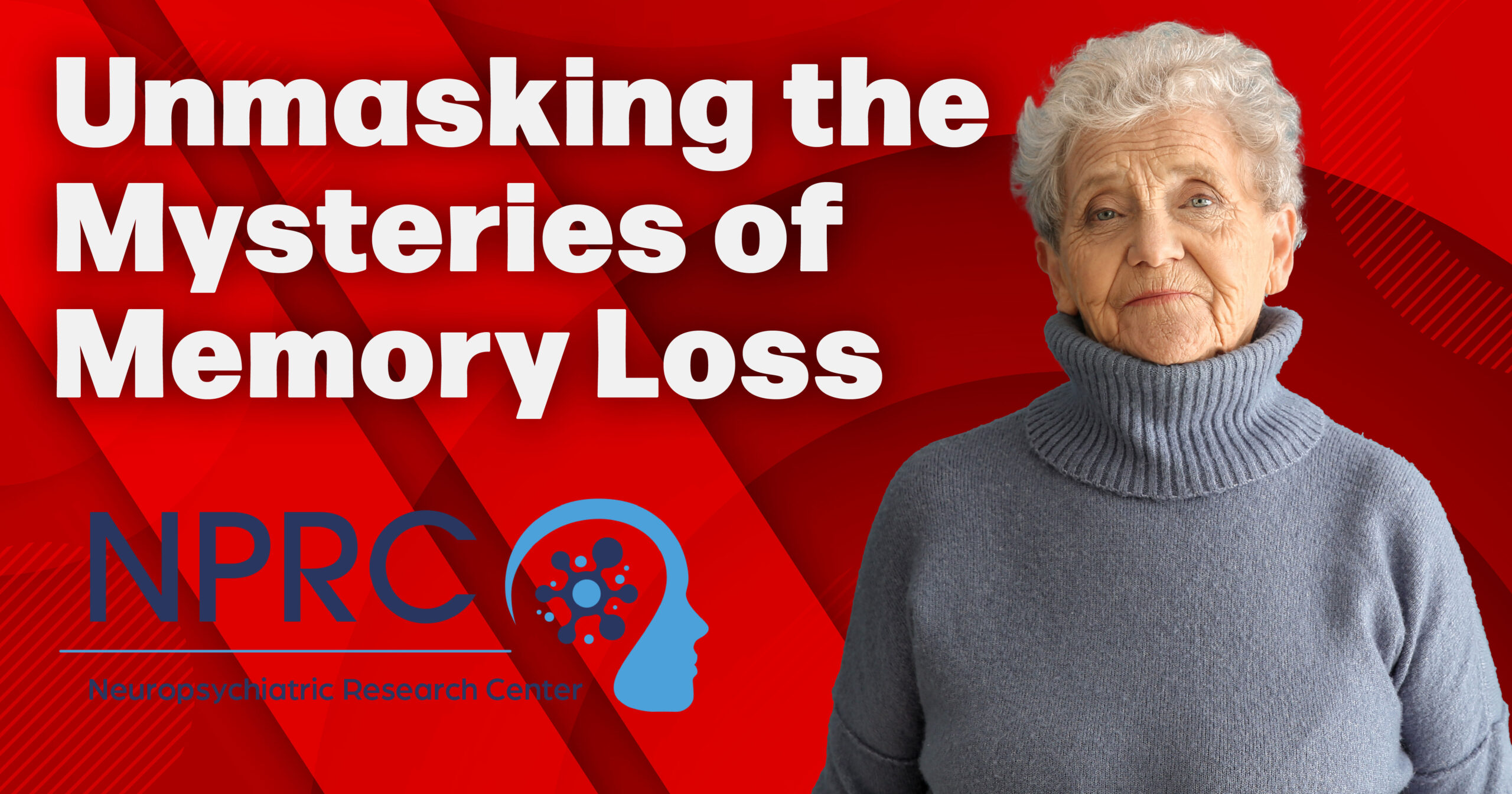As the leaves turn brilliant shades of red and orange and the air carries a hint of impending winter, October invites us to embrace the beauty of change. Yet, it’s also a time to reflect on something that transcends the seasons and affects countless lives – memory loss. This October, let’s dive into the enigmatic world of memory and explore how it intertwines with the fall season.
The Mysterious Nature of Memory
Memory is a remarkable and multifaceted aspect of our lives. It allows us to relive cherished moments, learn from our experiences, and connect with our past. However, memory isn’t always as dependable as we might hope. Memory loss can affect individuals in various ways, from minor forgetfulness to more severe conditions like dementia or Alzheimer’s disease.
The Autumn Connection
Interestingly, memory loss and the month of October share an intriguing connection. Fall marks a time of transition, as nature sheds its old leaves to make way for new growth. Memory, too, undergoes similar transformations. The brain constantly reevaluates which memories to retain and which to discard, making room for new experiences. This process, called memory consolidation, plays a vital role in shaping our personal narratives.
Cognitive Changes
For some, October serves as a reminder of cognitive changes they’ve experienced. As the days grow shorter, people may find themselves struggling to remember where they placed their keys or the name of a distant relative. While these lapses in memory can be frustrating, they are often a natural part of the aging process. However, it’s essential to distinguish between typical age-related memory changes and more serious conditions that warrant medical attention.

Preventing Alzheimer’s
While there’s no surefire way to prevent Alzheimer’s, there are steps you can take to reduce your risk. These include staying mentally and physically active, eating a healthy diet, managing chronic health conditions like diabetes and high blood pressure, and staying socially engaged by spending time with friends and family.
In Conclusion
Alzheimer’s disease is a challenging condition that affects memory and so much more. While there’s no cure yet, scientists are making progress in understanding the disease, and there is hope for better treatments in the future. If you or someone you know is experiencing memory problems, it’s essential to seek help from a healthcare professional. The earlier Alzheimer’s is diagnosed, the better the chances of managing its symptoms and improving the quality of life.





